In the late 1940s, next to a dimly lit clock shop on Shanghai's Xinzha Road, it was a common sight to see several young students practicing table tennis on a chalk-outlined rectangle on the sidewalk at night.
On this makeshift ping-pong table, Zhang Xielin, then a second-grader at a local elementary school, began forging his lifelong bond with the sport. He later rose to become a player and then a coach of China's national team, witnessing generations of players contribute to the nation's table tennis glory.
Recently, the 84-year-old was awarded the national honorary title of Outstanding Contributor to Sports on the occasion of the 75th anniversary of the founding of the People's Republic of China.
"Choosing to play table tennis is a decision I absolutely do not regret," Zhang said.
During times of scarcity, he even crafted his own paddles. He would buy old photo frames from thrift stores made of plywood to fashion into paddle bases, then affix rubber for a simple paddle.
"The 'clang' sound when hitting the ball with such a paddle was particularly pleasing," reminisced Zhang.
He formed a team named Red Flag at school, and during holidays they engaged in friendly matches with ping-pong lovers from nearby factories and schools. He frequented various table tennis venues in Shanghai, observing high-level players and learning from them.
Initially favoring a fast attack with a penhold grip, Zhang's approach transformed when he witnessed a skilled player's elegant defensive maneuvers at a local pingpong club.
"His movements were so graceful and attractive," he said. "I then decided to learn the approach."
Zhang was later widely hailed as the "magic chopper", renowned for his adept combination of consistent chops and unpredictable spins. He gradually made a name for himself in the city's table tennis scene, progressing from district-level competitions to city-level tournaments.
While apprenticing at the Shanghai Turbine Factory Technical School, he was chosen to join Shanghai's municipal team in preparation for the inaugural National Games in 1959.
This marked the beginning of his professional table tennis career. Soon after the National Games, he earned a spot on the national team.
At the 26th World Table Tennis Championships held in Beijing in 1961, he clinched third place in the men's singles event. He also won the first-ever men's doubles championship and mixed doubles championship for Team China in the history of the World Table Tennis Championships.
In 1975, Zhang became the head coach of the Chinese women's table tennis team. By the 43rd World Table Tennis Championships in 1995, Zhang had led the team to victory in 10 team events, nine singles events, eight doubles events and nine mixed doubles events. The team also secured three Olympic gold medals.
Under his guidance, the Chinese team never missed out on a women's singles title in Olympic table tennis competitions.
In analyzing the Chinese women's team's success, Zhang stressed the significance of "nurturing players according to their unique strengths, given the team's diverse range of playing styles".
Table tennis legend Deng Yaping was one of the exceptional athletes spotted and nurtured by Zhang.
"Despite her short stature, Deng saw every ball coming her way as an opportunity, a high ball," he noted. "This allowed her to launch more attacks than others. Moreover, she had a strong thirst for victory and trained exceptionally hard."
When discussing the enduring success of Chinese table tennis, Zhang attributed it to "inheritance".
"We always hold our country in our hearts while keeping a global perspective," he explained. "Table tennis is not a solo endeavor against a wall. Instead, it thrives on mutual assistance, with some excelling and others sacrificing and contributing. We should wholeheartedly embrace patriotism and the spirit of collectivism."

























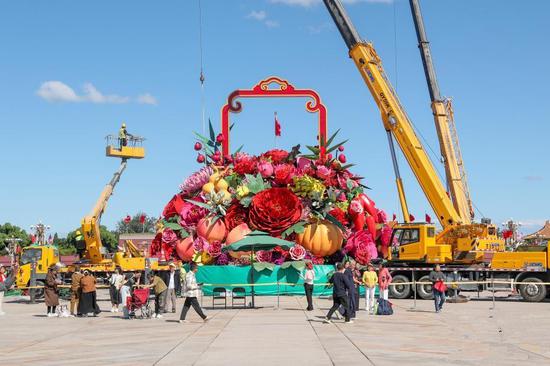
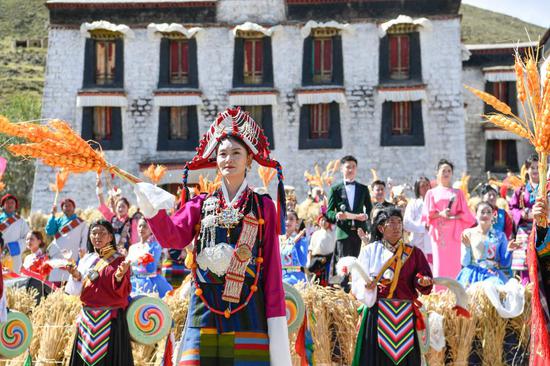
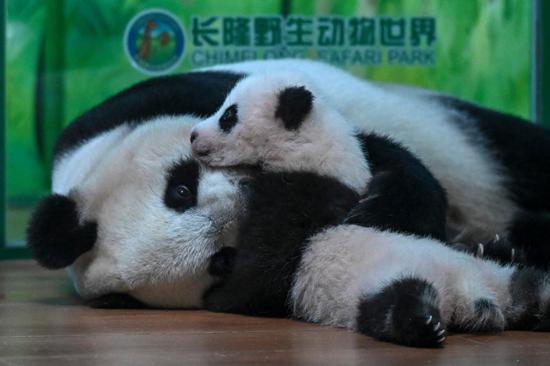












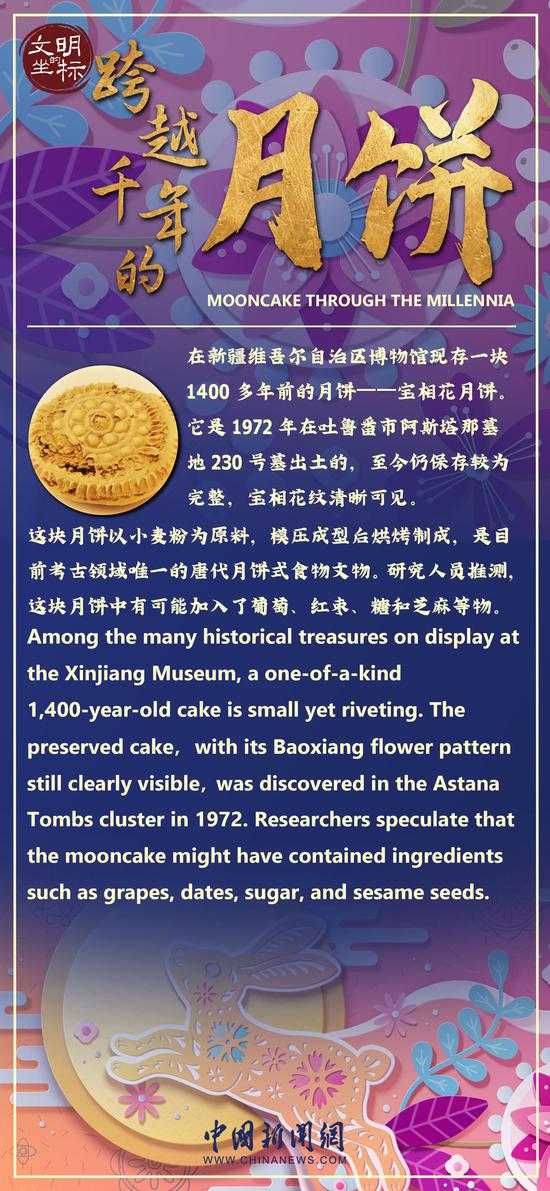

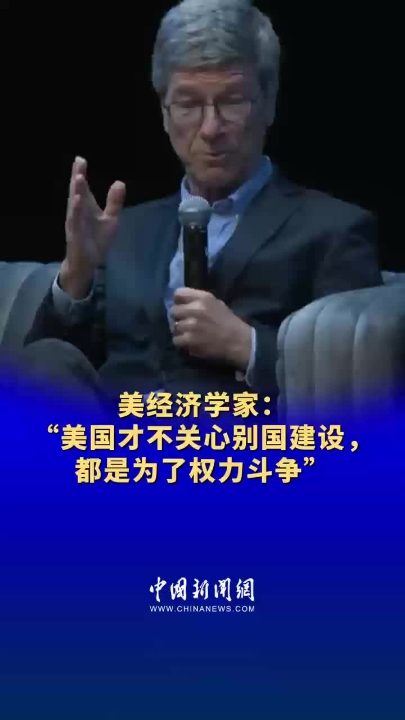



 京公网安备 11010202009201号
京公网安备 11010202009201号
